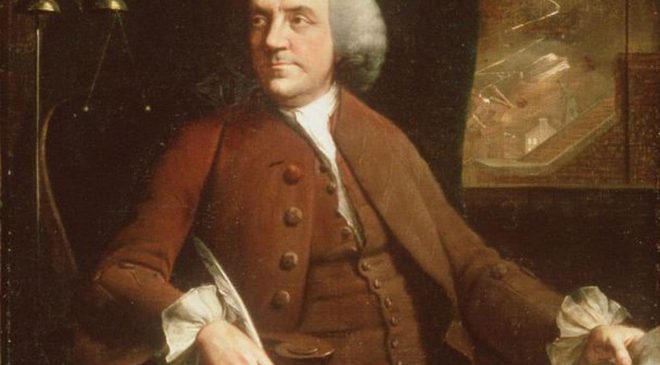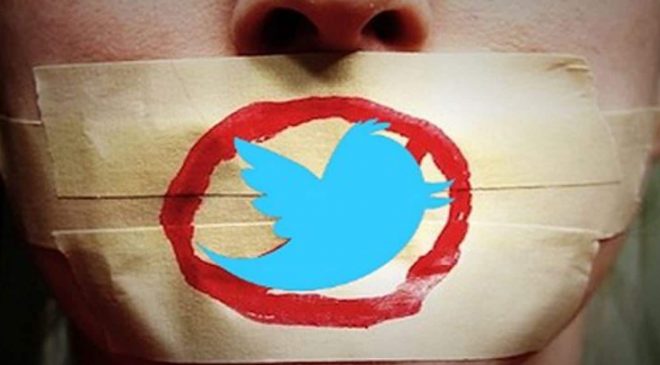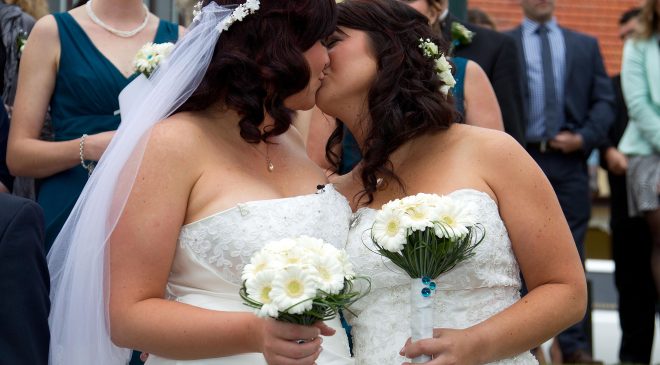President Joe Biden says he never talked business with his son.
Maybe he didn’t.
Maybe that Ukrainian gas company paid Hunter Biden half a million dollars because he has unique business skills that no one else noticed.
It’s possible.
But unlikely.
Now a Justice Department investigation may tell us whether Hunter is a sleazy opportunist who broke the law and whether his father knew, or even helped.
But equally revealing is the arrogance and bias the reporting on Hunter’s laptop revealed among wide swaths of media and big tech gatekeepers.
Even today, most will not admit they were wrong.
The New York Post broke the laptop story near the end of the presidential campaign. The story was explosive, of course, and the media pile-on intense. Some piled on Hunter Biden, but more piled on the Post. They questioned the authenticity of the hard drive and the timing and accuracy of the story.
Twitter blocked the story from even being shared. Facebook hid the story. Politico said it might be “Russian disinformation.” A Washington Post column called it “laughably weak.” A New York Times piece labeled it “farcical retread of the Russian hack-and-leak operation that helped torpedo Hillary Clinton’s presidential aspirations.” The story was mocked and buried.
Now, a year and a half later, the Post and Times admit that major parts of the story were accurate.
Do you know what they haven’t said?
“Sorry. We cannot stand the idea of another Trump term, so we didn’t report on bad things Democrats did.”
The Washington Post finally wrote that the way the media handled the story was an “opportunity for a reckoning.” But then they spent the rest of their editorial making excuses for their mistakes.
No one was fired.
No one was suspended.
No policy was changed.
This is nothing new. For months, Facebook blocked any mention of the theory that COVID-19 may have been leaked from a lab. Most media sneered that it was “fake news.” The Washington Post called it “a fringe theory.” The New York Times, a “conspiracy theory.” PolitiFact rated it “Pants on Fire!”
Only when the Biden administration said there might have been a lab leak did Facebook drop its censorship.
Did Facebook say, “Sorry? We shouldn’t censor such important discussion?”
No.
Did we see apologetic commentaries on CNN and MSNBC?
I must have missed them.
Maybe none of this is a big deal to you, but it’s a big deal to me.
I make my living posting videos on digital platforms. I made two videos that suggested fears about climate change are overblown.
I didn’t say climate change isn’t real.
I didn’t say it won’t cause problems. In fact, I said it’s already caused problems.
But because I said the fear might be overblown, Facebook’s climate-activist “fact-checkers” make sure fewer people see my work.
I once got millions of views on Facebook. Not anymore.
Nothing I’d said in my climate videos was wrong. In one case, Facebook’s own fact-checker admitted that I didn’t get any facts wrong. Still, Facebook continues to smear my work as “partly false.”
They even quote me saying something I never said!
Yet even after I point that out, Facebook will not make a correction.
Facebook, Twitter, The New York Times, The Washington Post, CNN, NBC, Poynter Institute “fact-checkers,” and most of the elite media are now part information-sharers, part leftist interest groups.
I’m neither Democrat nor Republican. I don’t obsess over whether Hunter Biden got paid to do sleazy things and whisper in his father’s ear. If he did, I doubt that he had much influence, anyway.
I feel far more threatened when America’s Big Media don’t report facts, don’t speak up when censors are wrong, and don’t remove mistakes when they’re caught making them.
Apologizing for mistakes is something we teach little kids to do. Is that too much to ask of our media and social media giants?




